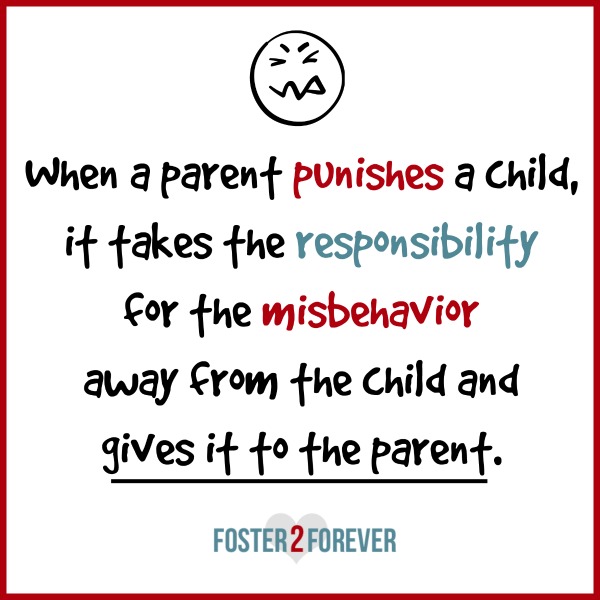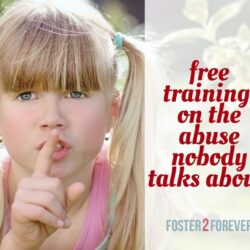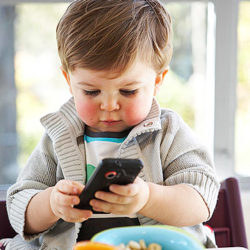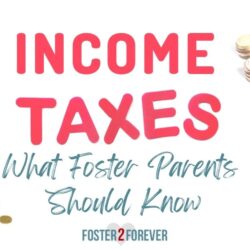Discipline vs. Punishment
When a child misbehaves, many parents believe they should punish their child for the misbehavior.
The goal of punishing a child is simply to make the unacceptable behavior unpleasant enough that child stops the misbehavior (and doesn’t do it again). For many parents, that’s the only goal: they want their kids to stop misbehaving immediately!
Punishment may stop the behavior at the moment, but punishment alone does not eliminate misbehavior over time.
While punishment can be physical, as in spanking the child; punishment can also be psychological, such as shaming the child, isolating the child from others (as in time-out), or taking away privileges. A child who is punished with spankings, shouts, and threats may learn how to avoid these punishments simply by not misbehaving in front of certain people. But there is no guarantee, however, that the child’s behavior will actually be changed over time or out of sight from the person who punishes.
Dr. Jane Nelsen, the renowned author of Positive Time-Out, shows 4 long-term results of punishment:
FOUR Rs OF PUNISHMENT
1. Resentment: “This is unfair. I can’t trust adults.”
2. Revenge: “They’re winning now, but I’ll get even.”
3. Rebellion: “I’ll do just the opposite to prove that I don’t have to do it their way.”
4. Retreat into:
- a. Sneakiness: “I won’t get caught next time.”
- b. Reduced self-esteem: “I’m a bad person.”
When a parent punishes a child, it takes the responsibility for the misbehavior away from the child and simply gives it to the parent.
“Children need to be accountable for their own behavior in order to learn the inner control necessary to function as healthy, self-disciplined individuals.” ~Karen M. Carlson, University of Minnesota
In other words, children need DISCIPLINE!
Effective discipline means that we’re not only stopping a bad behavior or promoting a good one, but also teaching skills that will help children make better decisions and handle themselves well in the future.
The word “discipline” means to train (someone) to obey rules or a code of behavior — and comes from the root word “disciple”. A disciple is a student — a disciple is not a prisoner or someone to be punished, but someone who is learning through instruction. Punishment might shut down misbehavior in the short term, but training offers skills that last a lifetime.
Discipline is a term that’s not about punishment or control, but about teaching and skill building — and doing it from a place of love, respect, and emotional connection.
Punishment is hurtful to children; discipline is teaching!
Discipline is helping children develop self-control with a moral compass, so that they are thoughtful and conscientious in their actions, even when authority figures aren’t around.
Discipline helps children learn for the future, while punishment makes children pay for the past.
Read more in No-Drama Discipline: The Whole-Brain Way to Calm the Chaos and Nurture Your Child’s Developing Mind {affiliate link}





